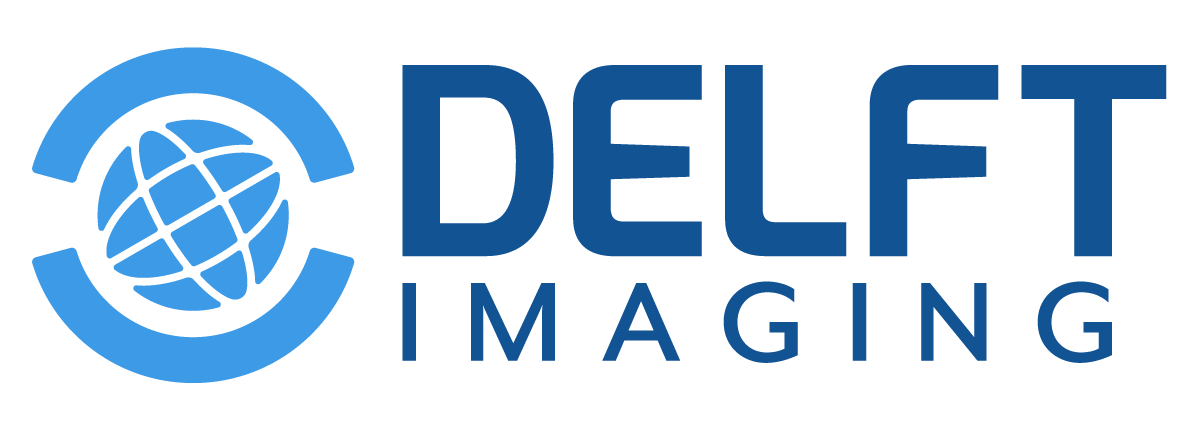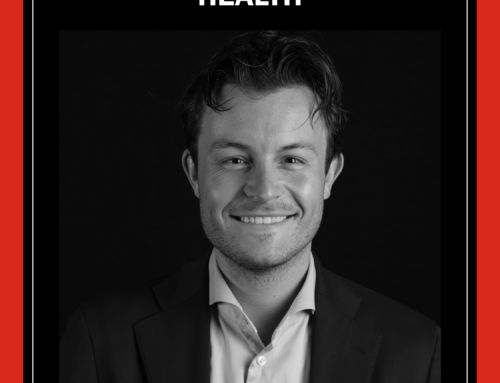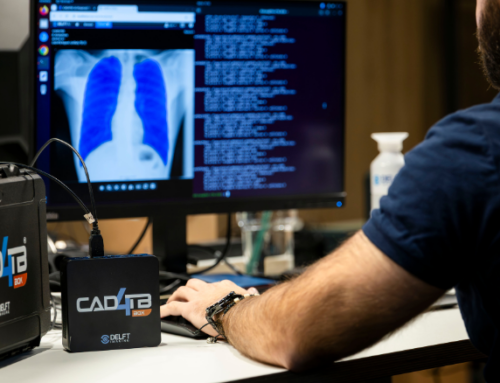WHO says that innovation, particularly in the digital sphere, is taking place at an unprecedented scale.[i] It is well established that the path to health equity is deeply intertwined with digital health solutions, which have been fundamental in combating infectious diseases. Among these medical innovations is the X-ray machine. For over a century, the X-ray machine has been a fundamental tool in healthcare. In today’s rapidly globalising world, transitioning from traditional X-ray machines to digital radiography solutions has become crucial in meeting contemporary healthcare needs.
Simply put, digital X-ray solutions are faster, more efficient, and more accurate. Unlike in the past, when radiologists waited for X-ray films to develop, digital images are now instantly available. This technological leap allows for seamless sharing of the digital image between healthcare professionals and less radiation exposure. Furthermore, it is an eco-friendly approach since chemical film development is no longer necessary. As we delve into the history of X-ray technology, we trace back to the roots of Delft Imaging, which originated from the first Dutch radiology equipment factory, ENRAF.
Our Legacy in TB Screening
Delft Imaging’s heritage is intricately tied to the evolution of TB screening. In the early 20th century, our predecessor, De Oude Delft (The Old Delft), was instrumental in crafting imaging solutions for TB screening. The latter part of the century saw Old Delft as a beacon of quality and innovation in medical imaging. As TB was eradicated in the Netherlands, Delft shifted its focus globally, addressing the persistent TB burden in other regions.

EasyDR in Bangladesh screening
Today, we are active in over 60 nations and are among the pioneer of CADAI, alongside Delft Imaging stands as a champion of global health equity. Through innovative digital X-ray solutions and collaborative partnerships, Delft Imaging is committed to empowering local communities, making healthcare more accessible, and contributing substantially towards a world free of TB.
The Present and Future of X-Ray Technology
Today’s X-ray solutions are broadly categorised into Stationary, Portable, and Mobile.
Stationary X-ray machines are foundational in healthcare facilities, consistently delivering high-quality images. Despite their lack of mobility, they are robust and reliable, operating seamlessly within fixed medical settings. For example, Delft’s EasyDR and CompassDR are remarkable stationary systems designed for high volumes and versatile imaging applications. The OneStopTB clinics are beneficial in projects that require rigorous and active-TB case findings. One such example is Malawi. As Dr Isaias Dambe, a Tuberculosis Health Officer in Malawi’s Ministry of Health, says, “Malawians have poor health-seeking behaviour. About 36% of those sick don’t go to the hospital. Another 50% go to the hospital, but the health system can’t help them. Therefore, we realised that there is a need for active TB case-finding. We approached the WHO, and they recommended the Global Fund, which assisted us in procuring mobile X-ray diagnostic clinics for communities, especially the vulnerable. We procured seven mobile X-ray clinics from Delft Imaging to cover our nation.”
Conversely, Mobile X-ray machines, such as the MAC and M1, offer moderate mobility. Mounted on wheeled carts, they can be effortlessly transported within a facility to patients who cannot move—these are vital in ICUs, emergency departments, and hospital wards.

Delft Light used for active TB case finding in Kano State, Nigeria
Finally, Portable X-ray machines are groundbreaking. Compact and often handheld, devices like Delft Light and Delft Ultra are battery-powered and easily transported. They are designed for TB screening in challenging environments, extending vital imaging services to underserved populations. In a recent webinar, Dr Khay Mar Aung spoke about the experience of utilising Delft Light in the 3rd National TB Prevalence Survey in Cambodia. “In our experience, the Delft Light is portable and easy to set up. On a fully charged battery, they can easily do 200, sometimes up to 250, exposures. The operational hours for Delft Light and CAD4TB are up to 16 hours, no problem.”
The utility of these machines isn’t solely dictated by their mobility. With AI integration, digital X-ray solutions are increasingly becoming invaluable tools in TB screening, enhancing accuracy and enabling widespread, accessible screening.
Delft’s Commitment
Delft Imaging stands as a champion of global health equity. Through innovative digital X-ray solutions and collaborative partnerships, Delft Imaging is committed to empowering local communities, making healthcare more accessible, and contributing substantially towards a world free of TB.
With a rich legacy of innovation, the company is paying homage to its roots and vigorously shaping the future of medical imaging and public health.
In this endeavour, Delft Imaging is not just a social enterprise; it’s a global partner in the quest for a healthier, more equitable world where healthcare is a right, not a privilege, and where each individual can thrive to their fullest potential.



